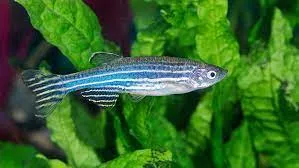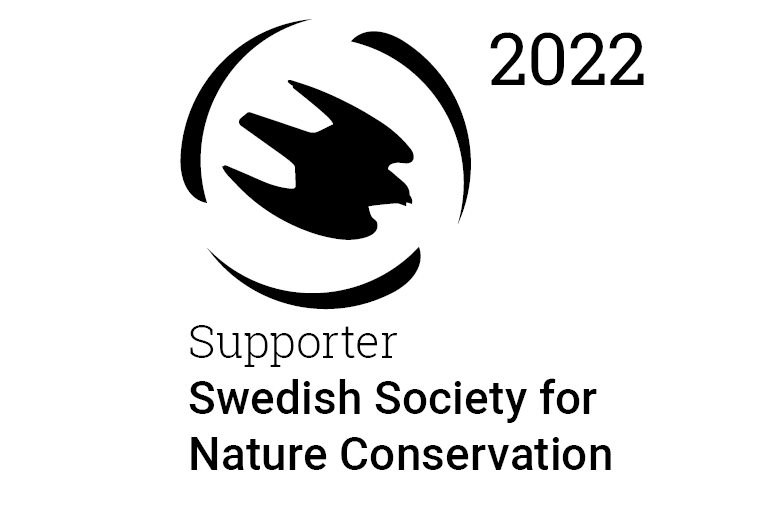- Home
- News Details
News Details

Researchers in Malaysia state that ATBC may cause thyroid disruption in fish
2022-11-26 Reference source : Malaysia
Human health exposure NGO activities Risk assessment
Acetyl tributyl citrate (ATBC), a common substitute for phthalates when producing plastics, has been found to be a thyroid disruptor during in vivo studies performed by researchers in Malaysia.
ATBC has endocrine-disrupting potential in zebrafish and Japanese medaka according to scientists. ATBC is already used in a wide range of applications, including PVC.
That ATBC may induce abnormal embryo development and disrupt thyroid hormone activity was reported in a paper published in the Journal of Hazardous Materials Advances. In a study fertilized eggs were exposed to ATBC at various concentrations for up to 11 days throughout hatching and the early development phases. After assessing the toxicological endpoints, it was observed that ATBC inhibited thyroid-related gene expression and led to the swim bladder inflating incorrectly. This indicates the potential of ATBC for thyroid hormone-disrupting activity in fish.
ATBC is a non-phthalate plasticizer that tends to decrease thyroid gene expression whereas, phthalate plasticizers tend to increase it. Phthalates are quite different from ATBC in their molecular structure thus genes are affected differently.
The relationship between chemical structures and thyroid-related gene expression is not clarified yet according to researchers. Additives such as lead, cadmium, and phthalates that are used in PVC are already banned but the alternative additives also raise concerns due to a lack of data.
We acknowledge that the above information has been compiled from Malaysia.
Global Product Compliance (GPC) specializes in Global Regulatory Compliance Solutions across sectors
globally. SSS Europe, a familiar name in chemical regulatory and compliance services now formally belongs
under the umbrella of GPC Holding Sweden.
Since 2008, we have emerged as one of the leading names among Global Regulatory Compliance Service
Providers with Representation services in Europe, Asia and Middle East for respective chemical
regulations.


